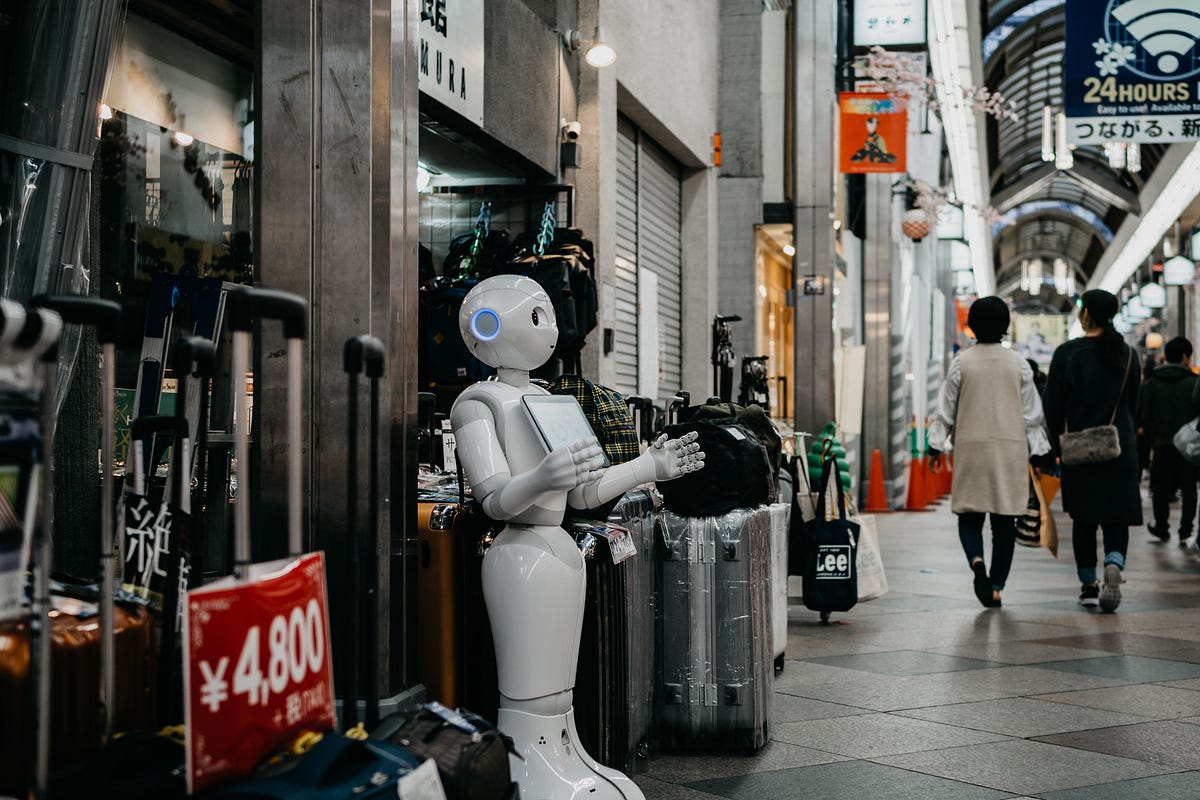
We need to talk about AI and mental health | by Neel Dozome | Jan, 2024
[ad_1]
One of my favourite things about the Netflix show A Murder at the End of the World (2023) is the way small details are used to depict our current technological milieu . Whether is the use of Reddit, Alienware laptops, or hacking a wi-fi network by accessing a smart lightbub — this attention to detail roots the narrative (set in a secretive remote retreat patronised by a billionaire). The show was irresistible viewing for a geek like me.
Without giving away too many spoilers, it is interesting that using AI for emotional management turns out to be a key part of solving the identity of the murderer. In my opinion, this was another astute and prescient observation by the show’s creators of our current technological moment.
Broadly, my belief is that “artificial intelligence” was 2023’s Big Tech snakeoil — comparable to earlier scams like NFTs or ebooks that were supposed to be revolutionary technology. There is a popular anecdote about Chinese Premier Zhou Enlai declaring that it is “too soon to tell” the significance of the French Revolution of 1789. My idea about technological revolution cleaves close to Premier Zhou Enlai’s supposed understanding of revolution. It is simply too early to tell if the technology will be revolutionary or not. However, if I was pushed to hazard a guess, then I would bet that one of the most likely applications of Artificial Intelligence chat technology will be in managing mental health.
According to an overview on The National Library of Medicine provided by Francesca Minerva and Alberto Giubilini (in an article titled “Is AI the Future of Mental Healthcare?”), the technology could have the following range of outcomes:
- It could greatly improve outcomes for patients, with relatively small downsides.
- There could be great improvements but the downsides (such as expense or data sharing) will be so significant that it…
[ad_2]
Source link


